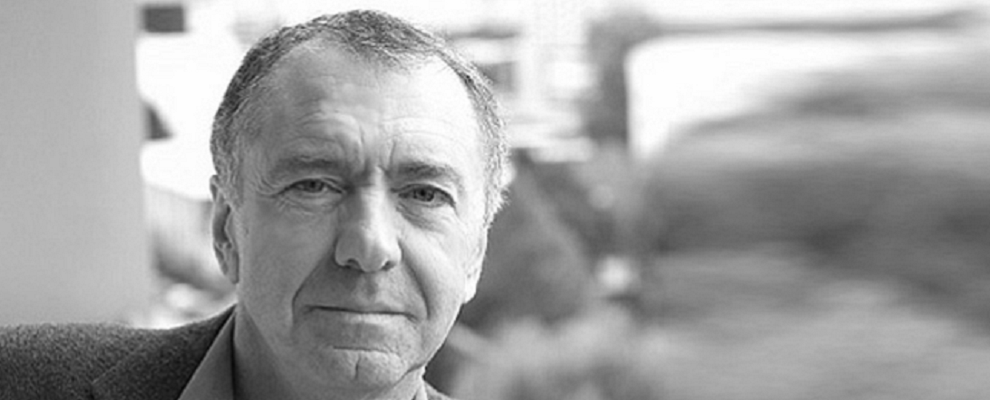Design is a thought activity: we should not replace it with a mere “optimizing” approach, because it’s from imperfections that talent emerges.

We are all “beauty consumers”. In a marketplace that is meant to excite us, we live more and more aesthetic experiences which are fast, agile and “light”, just as our smartphones. Here’s what the “hypermodern” philosopher Gilles Lipovetsky says in this interview that will be published in full version on the next Blumm ICS Mag.
The “artistic capitalism” is the expression that you have invented to describe the way in which art is changing its role in society: what do you exactly mean with this “formula”?
The “Artistic capitalism” identifies the production of creativity in manufacturing and cultural economy. This new perspective leads to an overturn of consumption values, that results to be less and less related to the products and more and more associated to the experience. And experience is acquiring a central role in society. The “experience economy” (that of “artistic capitalism”) pursues the creation of emotions starting from a story, as it happens in the movies or on TV, or it starts from the choice of specific forms that open the way to what we globally call “beauty”. This kind of economy is everywhere: not only in the cultural or communication industry, as you might expect, but even in the most ordinary objects.
Which are the risks and the opportunities associated with this “exaltation of feeling”?
The transformations connected to the “capitalistic art” have determined an exponential growth of creative professionals and so-called “amateur” artists, resulting from the democratization of the desire for creation and its manifestations: young designers, singers, dancers, actors, and artists such as sculptors and painters are becoming more and more numerous. It’s even more interesting that the phenomenon of the “artistic capitalism” has shaped also the taste of the majority of us. We are constantly looking for aesthetic emotions through consumption.
Your latest book is dedicated to “lightness”. In the first of his “Six Memos for the Next Millennium”, Italo Calvino defined the lightness “a value rather than a defect”. What is lightness to you?
I share the view of Calvino and in my book I talk about how today lightness has changed its status. The theme of lightness has always been familiar to men: it deals with games, dreams, it’s an anthropological dimension. Nowadays, lightness is no longer marginal: its logic can be found in all social and economic areas of our life. Just think about technology and nanotechnology, offering us more and more lightweight, almost invisible, equipment. These examples show us how lightness no longer belongs to the imaginary and to the myth but it has become reality, defining the digital and dematerialized world we live in.
The full version of the interview with Gilles Lipovetsky will be published on the next Blumm ICS Mag.